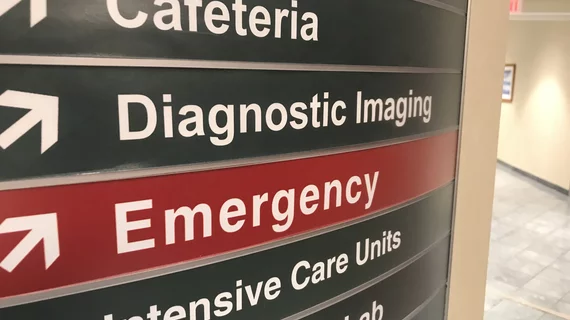CDC warns of new deadly super fungus
The Centers for Disease Control and Prevention (CDC) has issued a warning about a fast-spreading, deadly fungus that has been detected in 28 states.
The emerging fungus, Candida auris (C. auris), has been spreading across healthcare facilities at an “alarming rate,” the CDC said. Of particular concern is that the fungus is resistant to antifungal drugs, making infections hard to treat. The fungus is also easily spread in healthcare facilities and can lead to high death rates with severe infections.
Researchers from the CDC penned an article in Annals of Internal Medicine about their findings on the spread of the virus. Since being first reported in 2016, C. auris has continued to spread across the United States, and the number of cases resistant to echinocandins, a class of antifungal drugs, has risen over the past few years.
“The rapid rise and geographic spread of cases is concerning and emphasizes the need for continued surveillance, expanded lab capacity, quicker diagnostic tests, and adherence to proven infection prevention and control,” Meghan Lyman, MD, lead author of the paper and CDC epidemiologist, said in a statement.
In total, 3,270 clinical cases (in which infection is present) and 7,413 screening cases (in which the fungus is detected but not causing infection) have been reported through December 31, 2021. The most rapid rise in clinical cases has occurred from 2020 to 2021, and the CDC has seen increased cases for 2022. Between 2019 and 2021, 17 states reported their first-ever cases of C. auris.
Some of the reasons for the increase in cases is due to poor general infection prevention and control (IPC) practices in healthcare facilities. Thought cases may also be up “because of enhanced efforts to detect cases, including increased colonization screening, a test to see if someone has the fungus somewhere on their body but does not have an infection or symptoms of infection,” the CDC said.
In addition, the impact and strain of the COVID-19 pandemic on the nation’s healthcare resources may also play a contributing role in the rapid spread of the fungus, the agency acknowledged.
The CDC will continue to track C. auris and has urged healthcare providers to be on the lookout for new introductions of C. auris from patients who received healthcare elsewhere in the United States and abroad where the fungus has been present.

